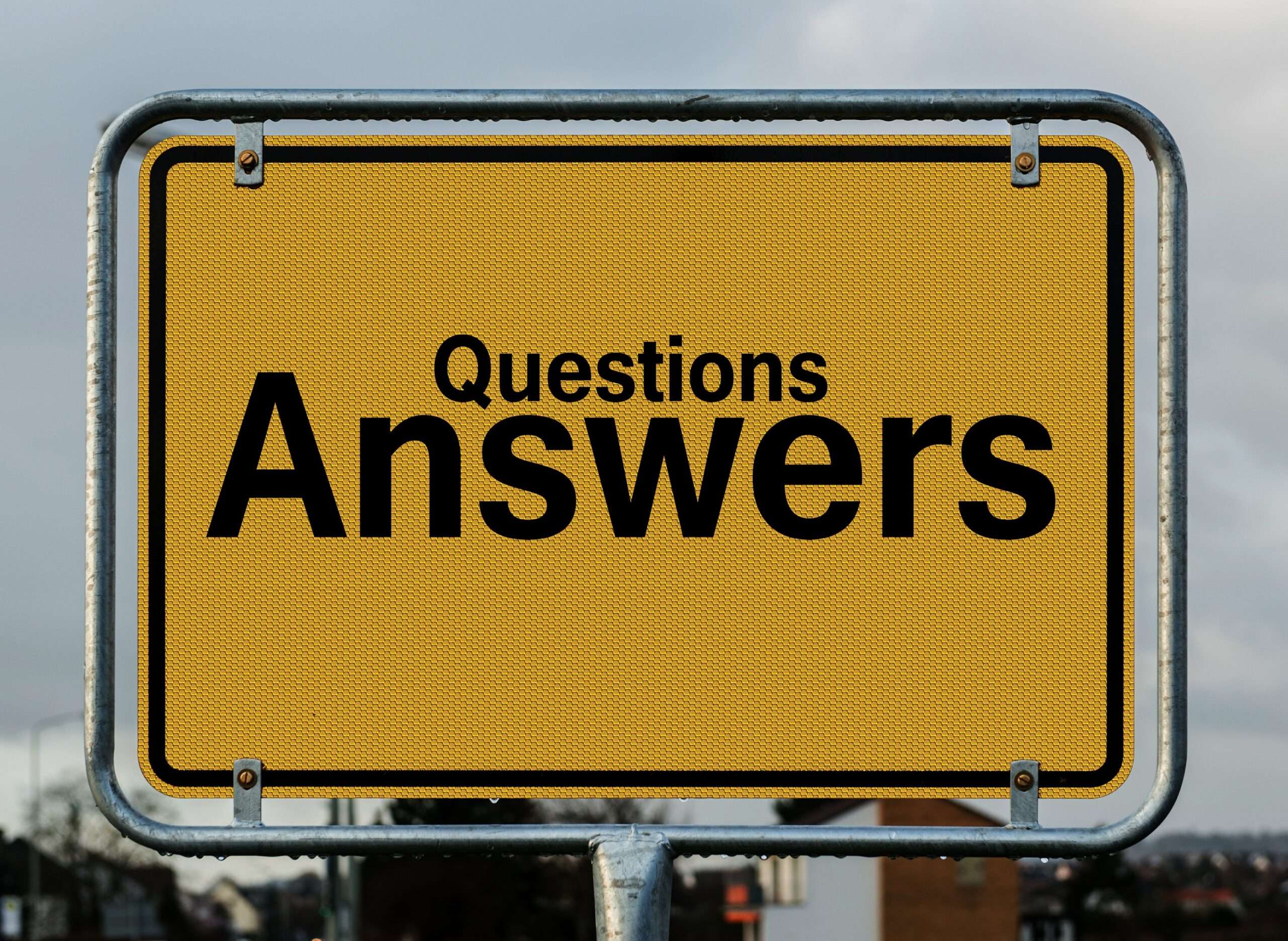The DSM-V is a catalog of mental health disorders as determined by the American Psychiatric Association with the input of many mental health experts around the world. The way it works is it identifies symptoms (behaviors we engage in and our internal experience of thoughts, feelings, and sensations) and clusters them into groups. It then adds to that a number of relevant factors, such as how long you may have had these symptoms, how long they tend to last, and how much impairment they cause you. If you have a number of symptoms in the cluster and a number of the additional relevant factors, then you have something called a disorder, or a mental health condition. I have one, apparently, or so have said every mental health professional I have asked help from. Being able to name disorders is essential for being able to study them, which is how we identify the treatments that are most likely to be effective. A treatment is considered effective when it results in a reduction of the symptoms and other factors that make up the disorder. By definition, once the symptoms and other factors fundamentally change or reduce, the disorder ceases to exist per the definition in the DSM-V.
But is this a cure for OCD?
The answer is complicated, because a funny thing happens on the way to this debate. It turns out the most effective treatment for OCD, the name of the disorder that explained to me what was causing so much unnecessary suffering, is cognitive behavioral therapy (CBT) with an emphasis on exposure and response prevention (ERP). What happens in CBT with ERP is you learn how to navigate your experience differently, how to confront your fears and how to choose different behaviors in response to your thoughts, feelings, and sensations than you might instinctively choose. More specifically:
- Notice that thinking is a behavior and that different ways of thinking about your experience may make you more or less likely to choose effective behavioral responses
- Recognize that you are not a bad person for having unwanted thoughts, feelings, and sensations, that these experiences are part of being human and that blaming yourself for them is part of your disorder’s thinking style
- Lean in, open up, embrace, and even celebrate your unwanted thoughts, feelings, and sensations because this gives them free passage through your mind instead of keeping them stuck
- Practice staying with and observing urges to get reassurance, avoid, wash, clean, review, etc. so you can be a witness to the coming and going nature of these urges and stop responding to them like they must be sated or destroyed
- Learn to appreciate yourself for who and how you are, and instead of devoting every waking moment to getting rid of your unwanted thoughts, train yourself to instinctively invest in the present moment as it is, and take the risk of accepting uncertainty
All of the above are desired outcomes of CBT and ERP and for a significant number of OCD sufferers, these outcomes are truly accessible and really result in a reduction of the symptoms and other factors that define having OCD. So you might presume that this means CBT with ERP cures the disorder because it disqualifies you from meeting the American Psychiatric Association’s definition of the disorder.
But there’s an ironic twist.
In order for any or all of the above to occur, you fundamentally must foster an identity that frames OCD as a part of who you are, not a thing that’s broken about you. Believing that you’re defective merchandise to be taped up and put back on the shelf is the mentality that leads to self-hatred and more compulsive behavior. Believing that you are a “loudthinker” (what I called myself in online support groups during my treatment), and that embracing all of the above leads to mastery of this OCD experience, is what actually makes the treatment stick. The best CBT and ERP in the world shoots you down the path to this mastery, but the rest is a life’s work.
My kids are super cute and fill me with pride every day. When I catch either of them at their most spectacular, I think two things with regularity: 1) I am the luckiest dad alive and 2) I am going to die early, probably in front of them, and their lives will be defined by having lost their father. I no longer meet the DSM’s clinical criteria for OCD, so the book can tell me I don’t have OCD, and I am not distressed by that second thought at all. I expect nothing else and if it gets any rise out of me, it’s a laugh. Didn’t used to be that way. I used to spend an inordinate amount of time crying and not being able to explain to people why (or worse, being able to explain it to them and having them tell me that’s not a reason to be upset). Thanks to CBT and ERP, and obviously mindfulness, I don’t have to do the things I used to do that earned me the DSM’s label. I don’t have OCD, but only because I know that I have OCD.
I still get stuck in stories from time to time.
We call these relapses. They commandeer my attention for a few days at a time and they come up 2-3 times a year. I don’t meet the criteria for OCD, but I have OCD relapses. Even in the eye of an OCD storm, I score too low on the impairment, resistance, and control measurements of the Yale Brown Obsessive Compulsive Scale to be considered clinically significant. Even when my OCD is at its worst, I apparently don’t “have” OCD. Even right now, noticing the italicized word in the last sentence does not have an italicized quote at the beginning, but does at the end, I apparently don’t have the DSM’s OCD. I’m not going to fix the typo. This choice isn’t because I was cured of the disorder. This choice is because I understand that I have the disorder. It is a part of what I am and understanding this is what made treatment work!
So in the end, the “cure” for OCD is to understand that there is no such thing as a cure for OCD. There is no thing to be cured. There are thoughts, feelings, and sensations, and by being a student of them instead of a victim of them, you can change your relationship to them and live a joyful, mostly unimpaired life. When you do this, you get dumped by the DSM. The book can call me cured. But if I want to stay cured in the book’s eyes, I must, categorically, call myself something else. Perhaps I can just identify myself as being somewhere along the path to mastery of my mind. That is, my mind, the one with OCD.
P.S. Inspiration and input from Shala Nicely, LPC on this subject was an essential ingredient in the post above.
Every once in awhile, I see something published in the media about someone curing their OCD, knocking it completely out of their lives.
Shortly after a piece like this goes online, I start receiving emails from subscribers to my newsletter that sound something like this: “Now wait a minute. I’ve been told that there’s no cure for OCD, that it’s a lifelong condition. So which is it? Is it curable or not?”
The short answer is, unfortunately, that OCD is not curable. But Jeff Bell, my co-author for the Beyond the Doubt blog, and I can tell you for certain — and there’s not much we’re certain about, as people with OCD — that you can still live a great life, even with the disorder.
Why There’s No Cure

Source: © Can Stock Photo / focalpoint
I’m not saying that there aren’t people out there who may have vanquished their OCD. Perhaps there are, and to them, I say, “That’s awesome!” But obliterating OCD from your life is the exception to the rule.
The rule is that with our current medical knowledge, OCD is not curable. And there’s a simple reason why.
You know all those intrusive thoughts that you have? People without OCD have them, too. They just don’t notice them, or they notice them and think, “Wow, that was weird. Wonder what I could have for lunch today?” and go on with their life.
People with untreated OCD, however, will have an intrusive thought and think, “Wait! Why did I have that thought? That’s a horrible thought! I don’t want that! I wouldn’t do that! I wish these thoughts would go away!”
And therein lies the difference. There are no OCD thoughts. There are instead OCD reactions to intrusive thoughts.
If we could label thoughts as “OCD” thoughts, then everyone would have OCD because everyone sometimes has intrusive thoughts. And as all of us with OCD know, everyone does not have “a touch of OCD” (for more on my thoughts on “I’m so OCD…” please see this Aha! Moment.)
What causes OCD is our reaction to those intrusive thoughts. Our reaction of shock, fear, horror, disgust, etc. tells our brains, “Oh! That thought is important! We need to do something about it (i.e. a compulsion).”
Then we do rituals, which reinforces in our brains that the only way we survived having those thoughts was to do compulsions. So we’re going to be more motivated to do them again, which gets us stuck in the OCD cycle of hell.
With our current medical knowledge, we cannot get rid of intrusive thoughts. Therefore, we can’t get rid of OCD, because if those intrusive thoughts are there, then every once in a while, your OCD will react to them.
Chronic, Not Terminal
Jon Hershfield and I have a section in our book Everyday Mindfulness for OCD titled “Chronic, Not Terminal.” I’m repeating it here because I think it’s the best way to think about OCD.
Yes, it’s chronic. For the majority of people, once you have OCD, you’ll probably always have it, and you’re likely to experience an OCD reaction to an intrusive thought occasionally, even when you’re in recovery.
But it’s not terminal. We are fortunate to have exceptionally good treatment for OCD in exposure and response prevention (ERP) therapy, and it works for the majority of people who do it. Both Jeff and I have gone through ERP, and we’re here to tell you that it opens the gateway for being able to have an amazing life, even with OCD.

Source: © Can Stock Photo / master1305
In fact, once you’ve gone through ERP therapy, you’re what Jonathan Grayson describes in a recent The OCD Stories podcast as “better than normal,” because you have a black belt in managing uncertainty. With that black belt, you can manage the everyday uncertainties of life even better than people who don’t have OCD and who haven’t been through exposure therapy. You’re actually more prepared to live in our world of uncertainty and be happy anyway than “normal people” (if there even is such a thing).
Someday, there probably will be a cure for OCD. They will give us a pill to take and those OCD reactions to intrusive thoughts will just melt away. But that’s unlikely to happen in our lifetime, so the current goal is to let your OCD tag along,* do your exposure therapy to minimize its reaction to intrusive thoughts, and go live your life joyfully.
Edit July 7, 2019: A year after I posted this, I wrote a follow-up post called The Unintended Consequences of Saying OCD Can Be Cured. A few days later, Jon Hershfield, MFT wrote a brilliant piece entitled How Having No Cure is the Cure. If you found the above post helpful, I hope you’ll check out these additional posts.
For notifications of new blog posts as well as OCD-taming tips & resources, sign up for my Shoulders Back! newsletter.




